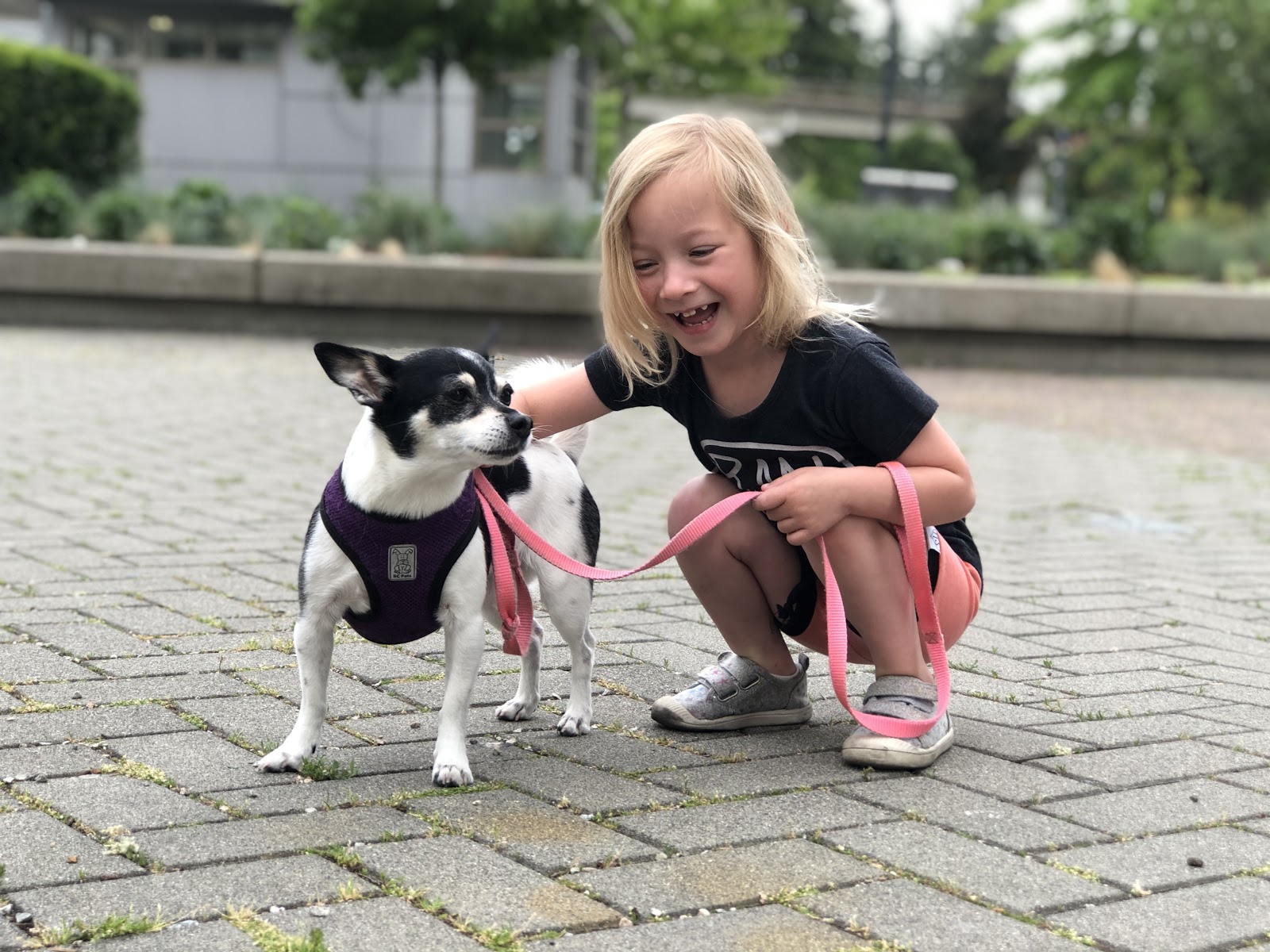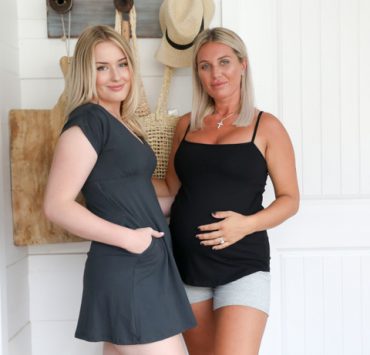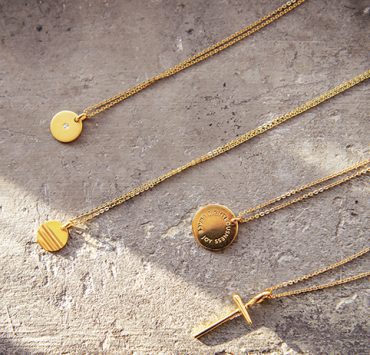
Have you ever had that “AHAH” moment when you realized that you were just a horrible kid? No? Just me? Well, not horrible, but maybe a typical kid who lacked understanding that kids and people come in all shapes and sizes with differing abilities or needing different supports?
Growing up I knew that if I had a son, there was a significant chance he would have vision issues. I was prepared to raise a visually impaired or blind child. I grew up with a father with vision loss, and as a family (my dad, myself and my younger brother) we adapted our lives around his vision or lack of. We relied on public transit, my brother and I needed to help my dad read signs or instructions, and even use the interac machines to pay.
Having this understanding that my dad was differently abled definitely helped me understand that people are different. But as a young child this understanding didn’t change the way I treated peers if they didn’t act or respond how I thought they should. I did, as I grew up and gained understanding, change my behaviour, thank goodness!
You may be wondering why I am telling you all this.
In 2015 I was thrown a curveball. I was ready for vision issues, I was ready to raise a blind child, but what did I get? A baby girl with hearing loss. A brand new challenge to tackle and a new language to learn. It’s like I was anticipating a trip to Disneyland (typical child) or even Disneyworld (blind child) but I got Universal Studios (Deaf child). Now, Universal Studios is awesome. It has different characters and rides, and I mean it has Jurassic Park and Harry Potter so that’s amazing! It’s just not what we were expecting and nothing we had experienced before.
Having a child with any “special need” (ugh, I don’t like that term, not sure why, but I don’t) takes adjustment and growth as a parent. My husband Matt and I have worked hard to surround Zoe with language. We have begun learning American Sign Language (ASL) and participated in many Deaf community events. We want Zoe to know that just because she has hearing loss, it doesn’t mean she is any less of a person. She is just as amazing as any typical kid, plus she speaks two languages. Super cool!
The first five years of her life were easy. Well not easy, but at least they were focused on her language development and meeting typical milestones for kids before they start kindergarten. This summer though, we were hit with new challenges that revolved mostly around socialization. We spent lots of time outdoors and at playgrounds, and Zoe had the opportunity to play with typical hearing kids. This was a struggle. Hearing kids, and adults alike, just expect that everyone can hear and knows when they are being spoken to. So, we had some instances when Zoe was called stupid, or other names on the playground, because she didn’t respond to kids her age or older that we talking to her. I know, having been “that” kid and a youth worker, that kids can be mean regardless of the other kid’s abilities. But it doesn’t make me any less mad that “that kid” was being horrible to Zoe, specifically when it involves her hearing loss.
Reflecting on these situations at the playground, both from my “mom” and “youth worker” perspectives, I know that that the way kids act are learned behaviours. Kids aren’t born mean. They learn how to treat others from their parents, past experiences, or just not knowing any better. I know that the kids didn’t see that Zoe was any different. I mean her hearing aids are often hidden behind her hair, but situations like this aren’t unique to kids with hearing loss. There are kids who struggle with communication for tons of reasons: Autism, Down Syndrome, apraxia of speech, anxiety, or even just because they are shy.
So how as a community do we build inclusive environments where children are treated equally and respectfully regardless of their abilities? I think the answer is in education. We as parents need to teach our kids that not everyone is the same and that is not a bad thing. Kids are curious and eat up information. If they see an adult or another kid with hearing aids, a wheelchair, crutches, or other assistive equipment, and they ask you questions, don’t be embarrassed…educate. The more kids know, the more comfortable they’ll be around people who are different from them.
So how can we teach our children about diversity? In our family we focus on the following:
- Read books, watch movies or cartoons that showcase people with different abilities and ethnicities.
- We encourage Zoe to ask questions
- We have conversations about what makes us similar and different from each other.
- We encourage kindness.
As the mom of a pretty awesome, super smart, funny, sometimes sassy Deaf girl, I would also encourage you to teach your child some ASL. This will allow them to communicate with deaf people, or many other children or adults with disabilities who may use sign language as a form of communication.



